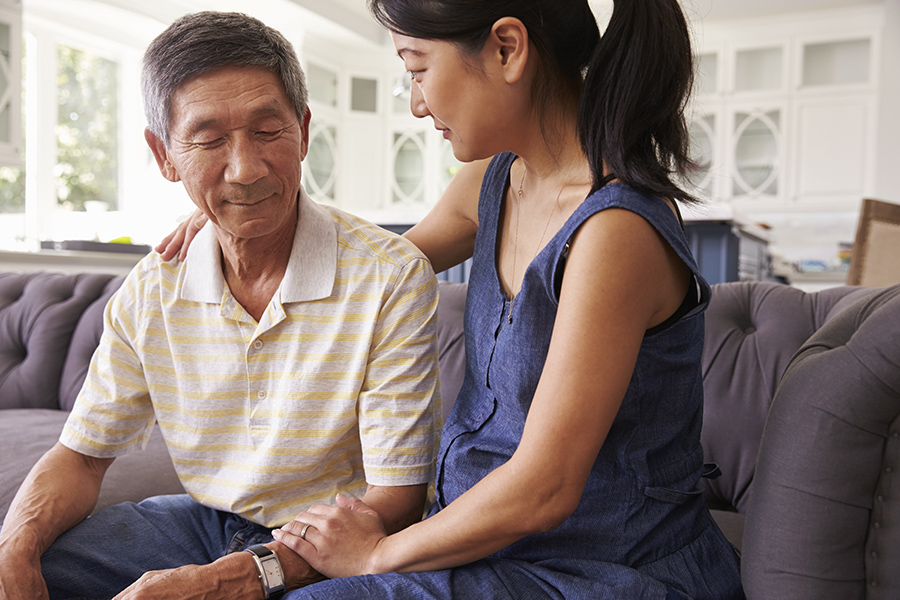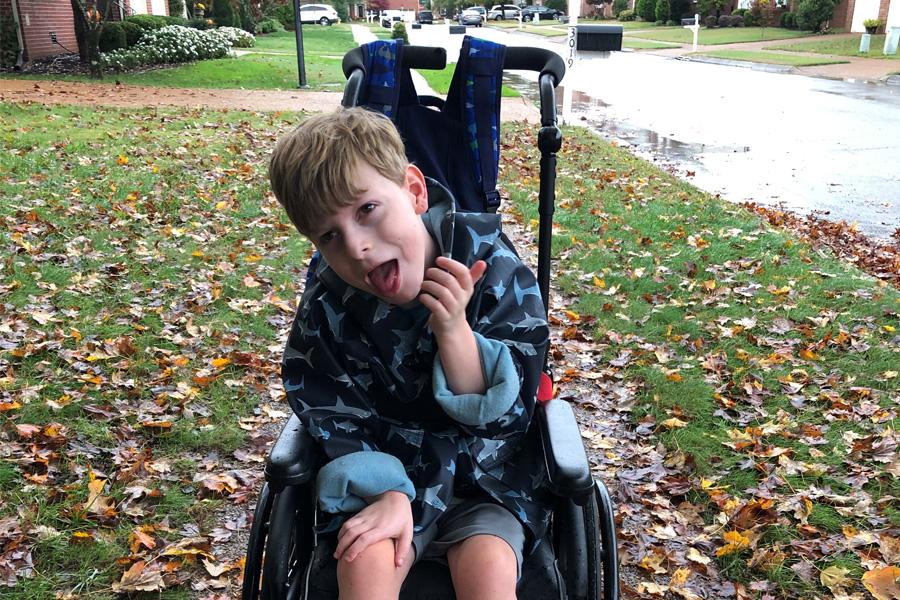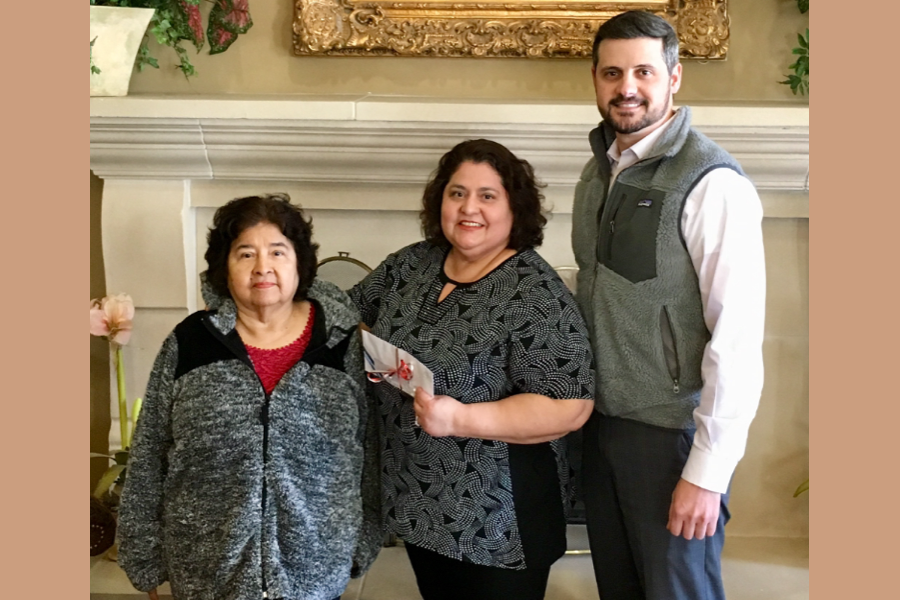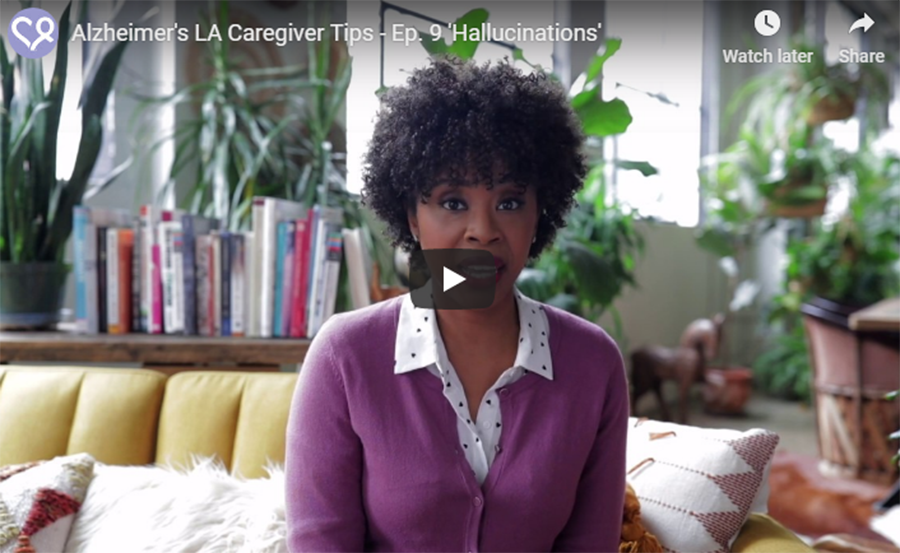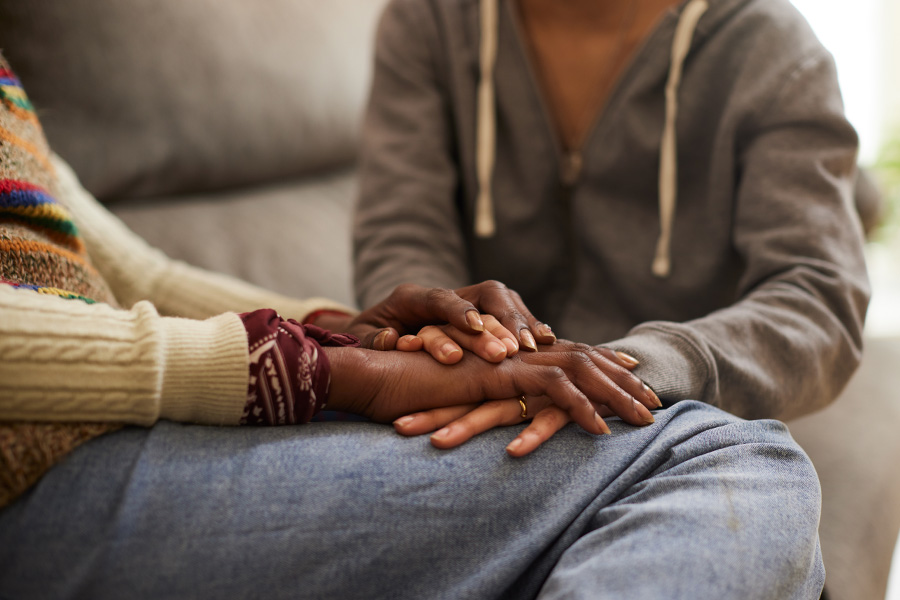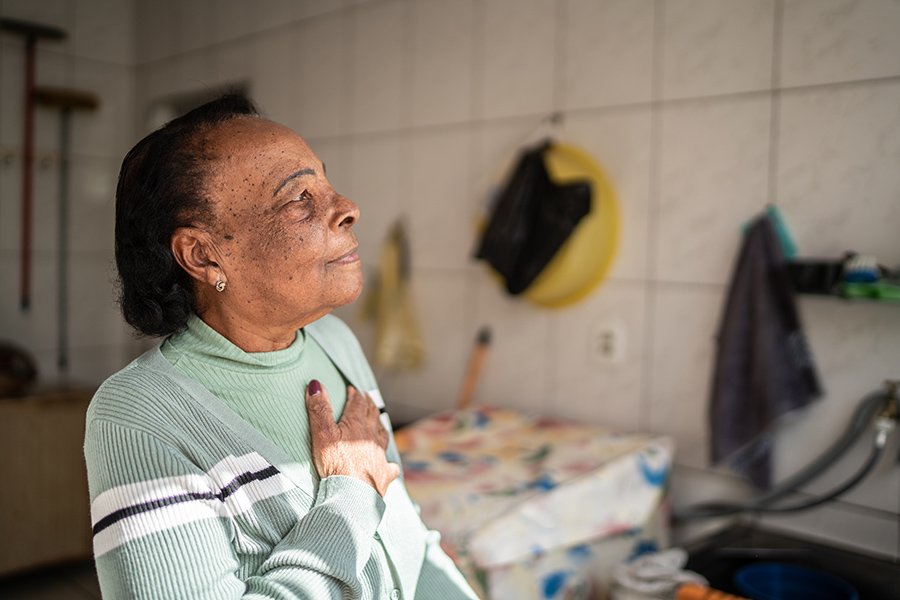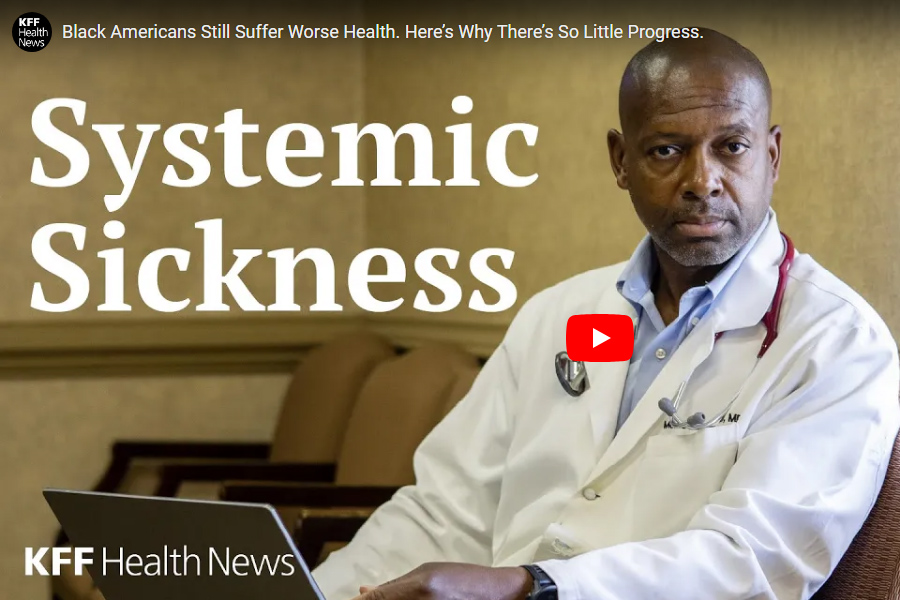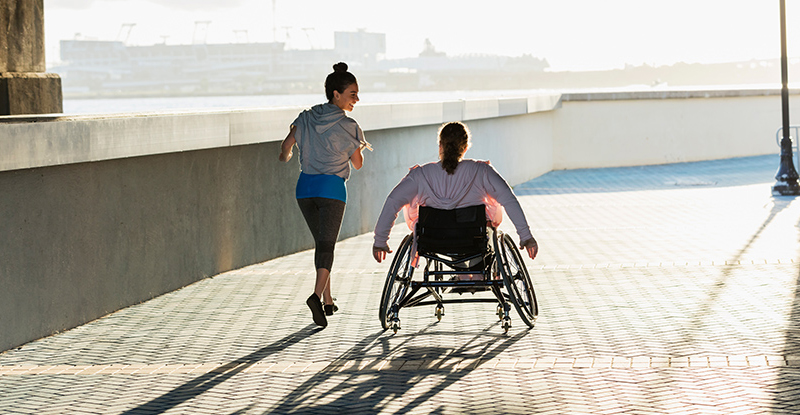September 2020 marks the ninth World Alzheimer’s Month™, an international campaign to raise awareness and challenge the stigma surrounding dementia. The stigmatisation and misinformation that surrounds dementia remains a global issue.
During the COVID-19 pandemic, it is more vital than ever that people continue to talk about dementia.
COVID-19 and Dementia
The COVID-19 outbreak has illuminated global health systems’ lack of preparedness to provide routine services and support to people living with chronic conditions such as dementia.
- Do not wait until after lockdown ends to speak to your doctor about experiencing symptoms of dementia. There are many online services available.
- During lockdown, it’s essential that older people, especially those living with dementia, are not socially excluded and have access to supports.
- Talking about dementia helps tackle the stigma and normalizes language surrounding dementia. It also encourages people to find out more information, advice and seek help.
- People living with dementia – and those who care for them – have an equal right to respect and inclusion, as well as to diagnosis, quality care and treatment.
What is Dementia?
Dementia is a collective name for progressive brain syndromes that cause a variety of different brain functions to deteriorate over time. These functions include memory, thinking, recognition and language, planning, and personality. Alzheimer’s disease accounts for 50-60% of cases of dementia. Other types of dementia include: Vascular dementia, Lewy Body dementia, and Frontotemporal dementia.
Most kinds of dementia have similar symptoms, including:
- Loss of memory
- Problems with thinking, planning and language
- Failure to recognize people or objects
- Personality and mood changes
By 2050, the number of people living with dementia around the world will have almost tripled to 152 million, making the disease one of the most significant health and social crises of the 21st century.
If you are living with dementia:
Remember that you don’t have to be alone. It is possible to live more positively and fully with dementia than is often the public perception. You can do this by seeking support from your family and friends, from health and social workers, from the Alzheimer’s association in your country, and by joining international organizations such as Dementia Alliance International (DAI).
If you are worried about developing dementia:
Speak to your doctor about any concerns. Alzheimer’s associations in many countries provide support to those seeking a diagnosis and living with dementia, as well as information on risk reduction and help finding support groups.
If you care for a person with dementia:
Caring for someone with dementia can be challenging. It is also important to take care of your own physical and mental health needs. This can have a significant impact on your own well-being, as well as the health of the person you are caring for. Don’t be afraid to ask for help or to join the Alzheimer’s association in your country to advocate for change. You can also subscribe to DAI to receive their resources, blogs, newsletters and attend their monthly educational webinars (see below).
Tackling dementia as a society:
The stigma that surrounds dementia remains a global problem. Dementia is not simply a normal part of aging. Alzheimer’s associations and self-advocacy organizations encourage awareness of the social and personal impact of dementia. In order to build inclusion, empowerment and respect, understanding the experiences of those affected is crucial. Greater awareness – including recognizing the symptoms of dementia – can encourage more people to seek diagnosis and receive support.
Tackling dementia as a government:
In 2017, the World Health Organization adopted a global plan that urges countries to develop their own national responses in order to manage the growing impact of dementia. Implementing a plan helps to increase national awareness and education about dementia, and can improve access to diagnosis, treatment and care. Earlier detection of dementia can also help lower the financial impact of dementia on the healthcare system.
About Alzheimer’s Disease Intenational (ADI)
Alzheimer’s Disease International (ADI) is the international federation of Alzheimer associations around
the world, in official relations with the World Health Organisation. ADI is the global voice on dementia
and each member is the national Alzheimer association in their country which supports people with
dementia and their families. Our vision is prevention, care and inclusion today, and cure tomorrow.
www.alz.co.uk
About Dementia Alliance International (DAI)
DAI is an international non-profit organisation whose membership is exclusively for people with a
medically confirmed diagnosis of any type of a dementia. It represents, supports, and educates
others living with the disease, and the wider dementia community by globally representing persons
with dementia. DAI’s vision is a world where people with dementia are valued and included, and is
widely accepted as the global voice of dementia. To become a member of DAI, go to www.joindai.org
Sources: https://www.worldalzmonth.org/






